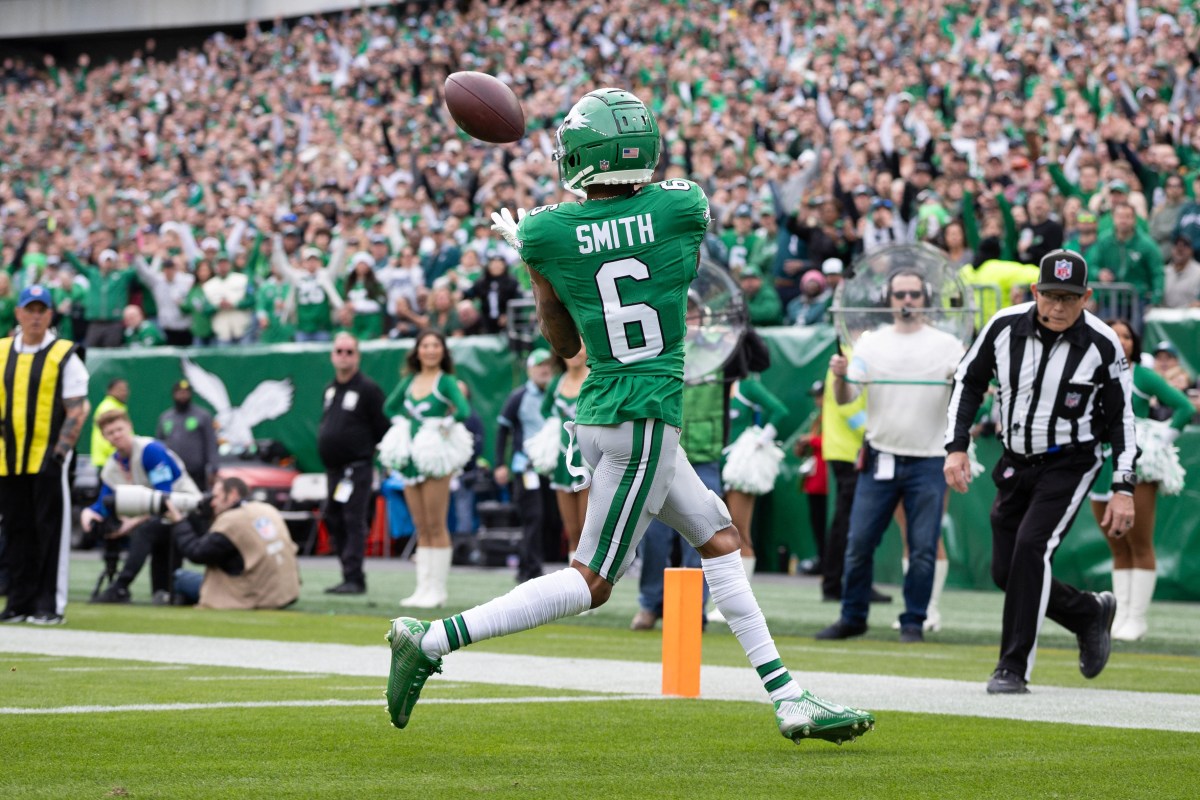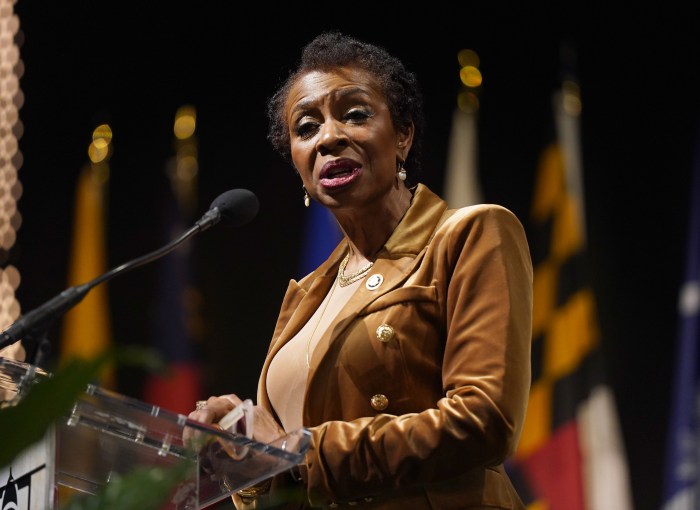ZURICH (Reuters) – The Swiss National Bank will refrain from any surprises at its monetary policy meeting this week and stick with its expansive policy, according to analysts polled by Reuters, despite the re-emergence of inflation.
All 33 economists in the June 10-14 poll were unanimous in expecting the SNB to retain a policy rate of minus 0.75%, the lowest among major central banks.
All the analysts also expected the central bank to keep its sight deposit interest rate at minus 0.75%, the method the SNB uses to steer the policy rate.
Both rates have been locked down since January 2015.
SNB Chairman Thomas Jordan has used negative rates and a readiness to intervene in the foreign currency markets over the past six years to stem a rising Swiss franc, seen as a safe-haven asset by investors.
Members of the SNB’s governing council have in recent weeks stressed the continued importance of foreign currency purchases to keep a lid on the franc, which they still see as highly valued.
Despite Swiss consumer prices rising 0.6% year on year in May, following a 0.3% increase in April, this level is not sufficiently high to stir the SNB from its entrenched position, analysts said.
Recent comments from SNB officials also support a view that the central bank is not for changing policy.
“If we look at inflation, it is still very low and GDP is not yet at the pre-crisis levels,” Vice Chairman Fritz Zurbruegg said earlier this month. “That is why we are convinced that our expansionary monetary policy remains appropriate.”
None of the economists polled said they thought the SNB would be concerned by the rise in inflation, especially as it was within the central bank’s target range of 0 to 2%.
Indeed, some thought the central bank would be hopeful that rising inflation abroad would lead to higher interest rates outside Switzerland, which would weaken demand for the franc.
“Although the SNB will welcome the return of inflation, the current pressures are moderate,” said GianLuigi Mandruzzato, an economist at EFG Bank.
The Swiss franc has strengthened slightly in recent months as well, supporting the SNB’s view of retaining negative rates, he added.
“The rise of the franc was surprising as it happened at a time of rising confidence on financial markets and without major political or economic upheavals which often trigger safe haven inflows into the franc,” Mandruzzato said.
“Normally, we would have expected the franc to weaken in such a situation, but that has not occurred this time, and means the SNB is likely to keep its two-pillar strategy of interventions and negative rates.”
(Reporting by John Revill, polling by Manjul Paul and Swathi Nair; Editing by Bernadette Baum)






















